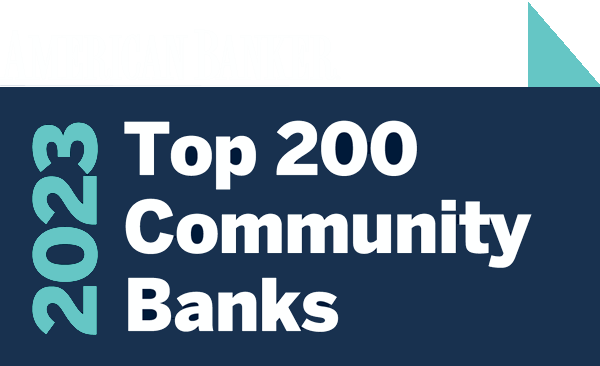Buying a First Home
MAINSTREET BANK
Buying a home is an experience that elicits a range of emotions – excitement, nervousness, curiosity and did we mention excitement? Buying a home for the first time can be especially complex and challenging as you determine your financial health, the types of home loans and your ideal property.
Use this list as a resource as you approach buying a home for the first time. It’s important to be aware of the resources available to you and how to appropriately use them.
A Financial Health Pulse Check
Before you start scrolling through dream homes online, it’s important to have a good understanding of your financial health. How much do you currently spend on housing, utilities, food, daycare, car maintenance, entertainment, etc.? Do you have a recurring contribution to your savings account? Make note of that, too.
This process will help you understand what’s a reasonable amount to allocate to a down payment or mortgage payment. Knowing more about your down payment or mortgage payment can help you know the type of home loan you should consider.
Steps to Approach Buying a Home for the First Time
There are essential steps you should take when buying a home for the first time. Each of these steps are designed to make sure you have the right resources, financial support and game plan so you can spend many happy years in your new home!
- Find a free homebuyer class. If you’re unsure about the steps – or maybe just don’t know what you don’t know – a free homebuyer class can be a helpful resource to help you navigate the process and what to expect at each step.
- Know what credits or incentives may be available to you. As a first-time homebuyer, you may be able to take advantage of credits or incentives. An example of an incentive is potentially being able to use a portion of an IRA without penalty for the down payment. Your state of residence may also have specific programs or tax benefits available.
- Understand the types of home loans available. Depending on your comfort level with a down payment, explore a conventional mortgage, FHA loans or even VA loans. Discuss this in detail with your mortgage expert so they can recommend what’s best for you.
- Learn about the pre-approval process.It’s usually recommended to be pre-approved for a mortgage before you begin shopping for a home. Being pre-approved can help you shop for a home within your financial means.
- Learn the difference between adjustable and fixed-rate mortgages. Your interest rate will vary over time with an adjustable-rate mortgage, depending on the market conditions. A fixed-rate stays the same no matter the environment. This can provide stability, but you could miss out on lower rates if they do fall. That’s when you can discuss refinancing with your mortgage expert.
- Have a down payment ready. A larger down payment can reduce what you owe, and even your costs when it comes to private mortgage insurance (PMI). A 20% down payment is a general “rule of thumb”, but this is a point to discuss with your mortgage expert because each situation is different.
- Find the right real estate agent. At first introduction, your real estate agent should be someone you get along with who is highly skilled, motivated, and knowledgeable about the area you’re looking to buy in. You can easily get recommendations from friends, family or your mortgage expert.
- Research the right type of house and neighborhood. Only you know what’s important to you when searching for a home. Is it a front yard? Proximity to a grocery store or school? Maybe you want to be in the hustle and bustle of downtown life. One important thing to remember: even if you don’t have children, research nearby schools as they can impact home value.
- Explore open houses in your desired area. You can’t ask enough questions! Work with your real estate agent to identify open houses you want to attend. Know when the home was built, any major repairs recently done and how old some of the important systems, like HVAC, are.
Rinse and repeat the final step above until you find your dream home! Once you’ve found the home of your dreams, your real estate agent will identify all of the subsequent steps and paperwork needed to make your dream home a reality.
Your Dream Home Search Starts at MainStreet


